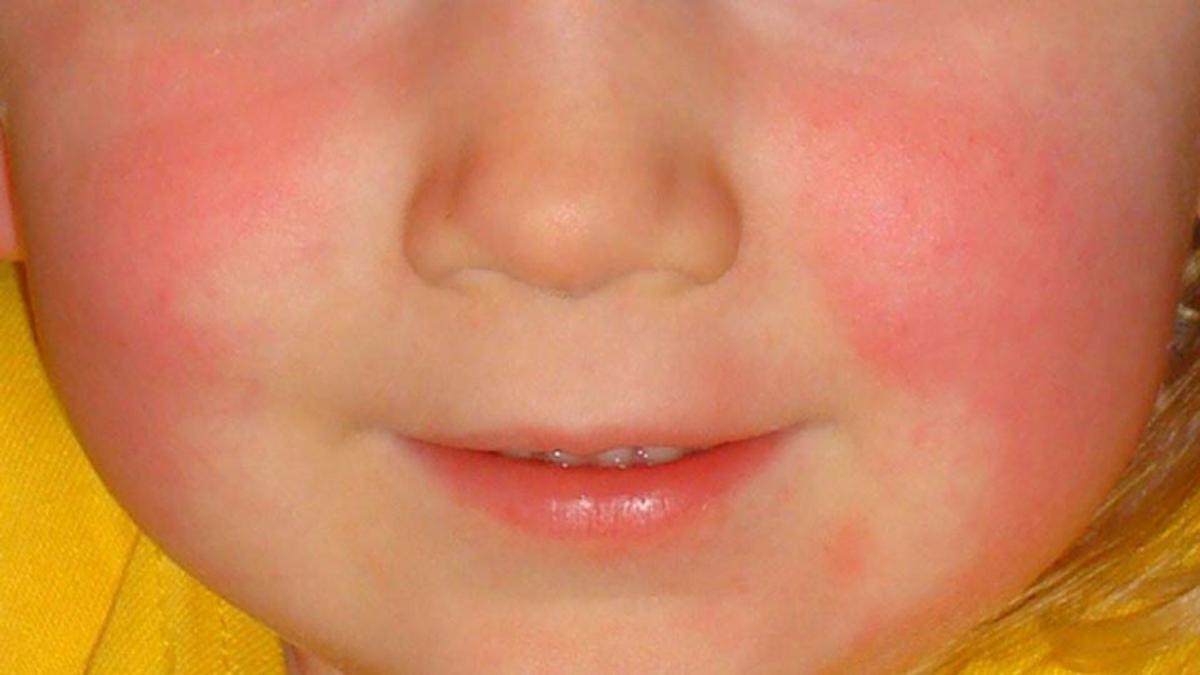Health Centre News
Slapped Cheek

Health Centre News
Slapped Cheek


We have recently had a number of cases of Slapped Cheek so I wanted to share some information regarding what to look out for if you are affected. Slapped cheek is a viral infection caused by the human parvovirus B19. It is also called fifth disease or erythema infectiosum.
Slapped cheek is common and usually affects children between the ages of four and 10 years, but can happen at any age.
Most children who get slapped cheek do not have any symptoms, and if they do the symptoms are usually very mild. A common symptom is cheeks that look like they have been slapped, which is where the virus gets its name.
Slapped cheek is not life threatening and complications are rare.
SIGNS AND SYMPTOMS
It may take between four and 14 days after your child is exposed to slapped cheek for any symptoms to show. The symptoms can vary and are usually so mild that many parents won't realise that their child has had the virus.
HOW IS IT SPREAD?
Slapped cheek is spread by touching or breathing in the coughed or sneezed fluid drops from an infected person. Children with slapped cheek are contagious until 24 hours after their fever has resolved. They will not be able to spread the infection to other people after this time, even if they have a rash.
Often parents won’t know their child has slapped cheek. However, if your child is unwell with a fever, keeping them home from child care, kindergarten or school will help prevent them spreading the illness to others
CARE AT HOME
Most children do not need any treatment, except for rest to allow the body to fight the infection. Because slapped cheek is caused by a virus, antibiotics are not given to children with slapped cheek as antibiotics do not treat viruses.
You can give your child paracetamol or ibuprofen to help them feel more comfortable if they are bothered by a fever or aches and pains.
WHEN TO SEE A DOCTOR
A few children with slapped cheek develop swelling and pain in the joints of their hands and feet. If this happens, take your child to the GP for advice on how to treat these symptoms.
If your child has sickle cell anaemia, severe anaemia, is taking long-term steroids or is immunocompromised (has a weakened immune system) due to a medical condition or medical treatment, speak to your child’s GP or medical team if you suspect your child has slapped cheek.
If you are pregnant and have been exposed to someone with slapped cheek, speak to your GP.
If your child is unwell with a fever and a skin rash (small bright red spots or purple spots or unexplained bruises) that does not turn to skin-colour (blanch) when you press on it, this may be a sign of meningococcal infection
See the below links for further information
Kids Health Information : Slapped cheek (fifth disease) (rch.org.au)